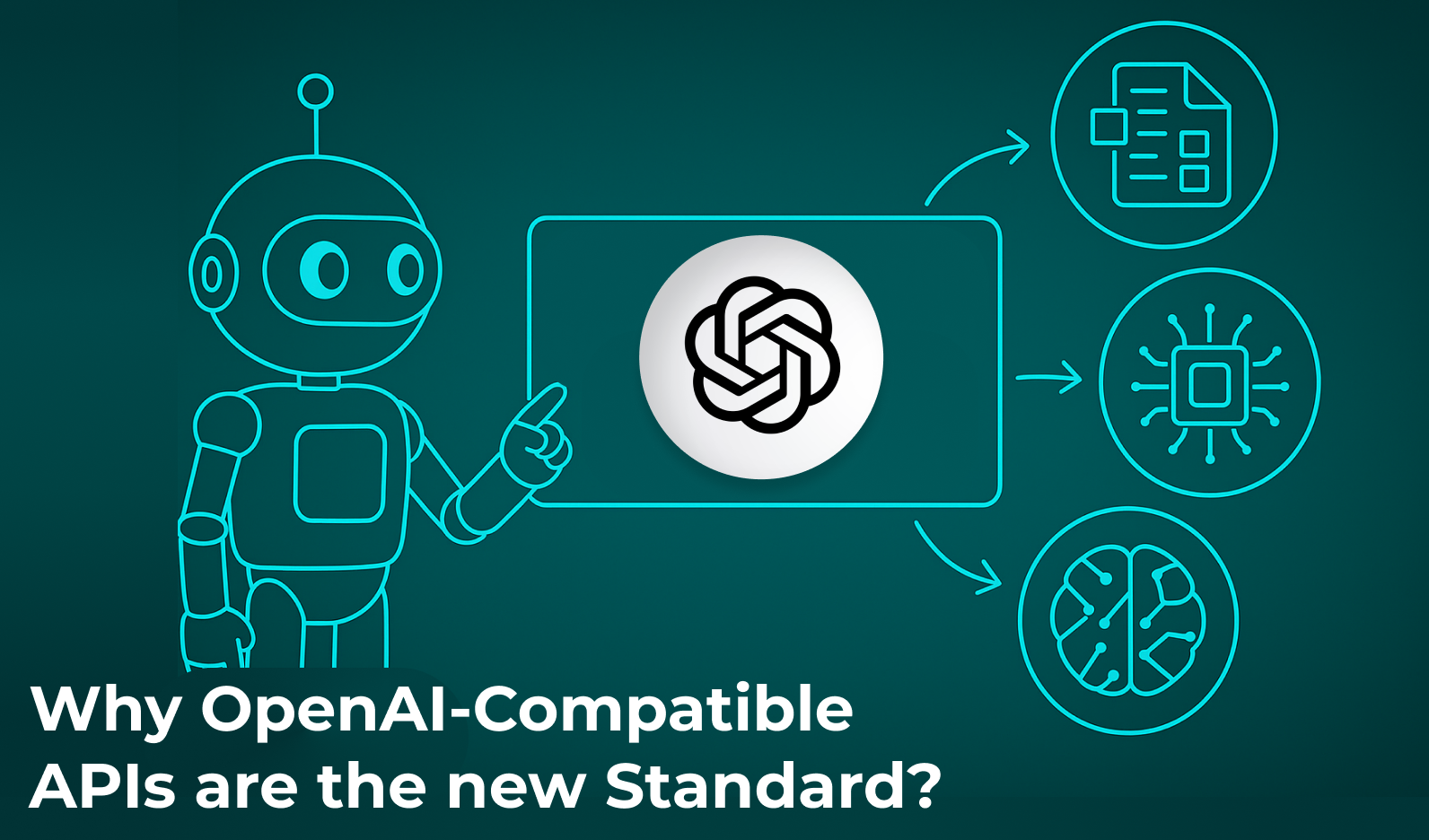
Start Your AI Journey Today
- Access 100+ AI APIs in a single platform.
- Compare and deploy AI models effortlessly.
- Pay-as-you-go with no upfront fees.
If your product relies heavily on OpenAI’s API, an outage can immediately affect your users and revenue. Even short downtimes can block key features like text generation or chat, especially when the API is central to your service. This article explains how to prepare for these events, maintain uptime, and keep your AI features running smoothly, even when OpenAI goes down.

An API is “OpenAI-compatible” when it follows the same request and response structure as OpenAI’s API, specifically its Chat Completions format (/v1/chat/completions).
That means developers can use the same payloads, parameters, and JSON schema to send requests or parse outputs.
For example, switching from OpenAI to another provider like Mistral, Anthropic, or TogetherAI often requires no code changes.
This format has become a de facto standard for language model APIs, similar to how REST or GraphQL shaped the web.
There are three main reasons for the rise of OpenAI-compatible APIs:
In other words, “OpenAI-compatible” APIs make AI infrastructure interoperable by default.
When multiple providers use the same interface, you can route requests dynamically based on performance, latency, or price.
This is where multi-model orchestration and AI model comparison become valuable.
Instead of maintaining different API clients, your backend can send the same request to multiple providers and select the best result, or the one that’s online.
If one provider fails or experiences latency spikes, your system can automatically switch to another OpenAI-compatible endpoint.
With multi-API key management and API monitoring, you can distribute traffic intelligently and prevent outages from affecting users.
This ensures continuous uptime and a smoother user experience.
Maintaining multiple AI providers usually means managing multiple SDKs, endpoints, and authentication systems.
OpenAI-compatible APIs eliminate that complexity.
When your architecture uses a unified interface, you can also implement batch processing or caching once, and apply it to all providers seamlessly.
This reduces technical debt and saves engineering time.
Different AI models vary widely in pricing and performance.
By relying on OpenAI-compatible APIs, you can easily compare them using cost monitoring and switch between them to optimize cost-efficiency.
This flexibility lets you test and deploy models faster while maintaining full financial control.
Eden AI fully supports OpenAI-compatible endpoints across multiple providers.
With one API call, you can:
In short, Eden AI lets you use multiple AI models as if they were all OpenAI, while handling routing, optimization, and reliability behind the scenes.
“OpenAI-compatible” has become the universal language for AI APIs.
It’s not just a format, it’s an interoperability layer that makes AI ecosystems more modular, flexible, and future-proof.
By leveraging OpenAI-compatible providers through Eden AI, teams can build scalable architectures that combine choice, control, and cost efficiency, without rewriting a single line of code.


You can start building right away. If you have any questions, feel free to chat with us!
Get startedContact sales
